Permanent residence allows you to live freely in Cyprus, leave the island and return without visas or permits, and speed up the naturalization process to obtain citizenship. Russia provides for the absence of double taxation, so this route is also suitable for doing business.
1. Program terms
Cyprus permanent residence has several names. The abbreviation from “permanent place of residence” is a colloquial option in Russian. In official Cypriot documents it is referred to as a Permanent Residence Permit, i.e., a permit for permanent stay.
On the island, the colloquial Cypriot term yellow slip is also used. The reason is simple: previously, the yellow slip was printed on a yellow-colored card.
Today, you can obtain Cyprus permanent residence in two ways:
- by investing in the economy of the Republic in the amount of 300 thousand euros or more; foreigners mainly purchase primary (new-build) property;
- at the naturalization stage — after 5 years of residence on a residence permit.
It makes sense to consider both options: they are suitable both for relocating and for other purposes. However, you cannot take employment under the first type of visa. The only remaining options are to run a business, receive dividends from shares, or rent out residential or commercial space.
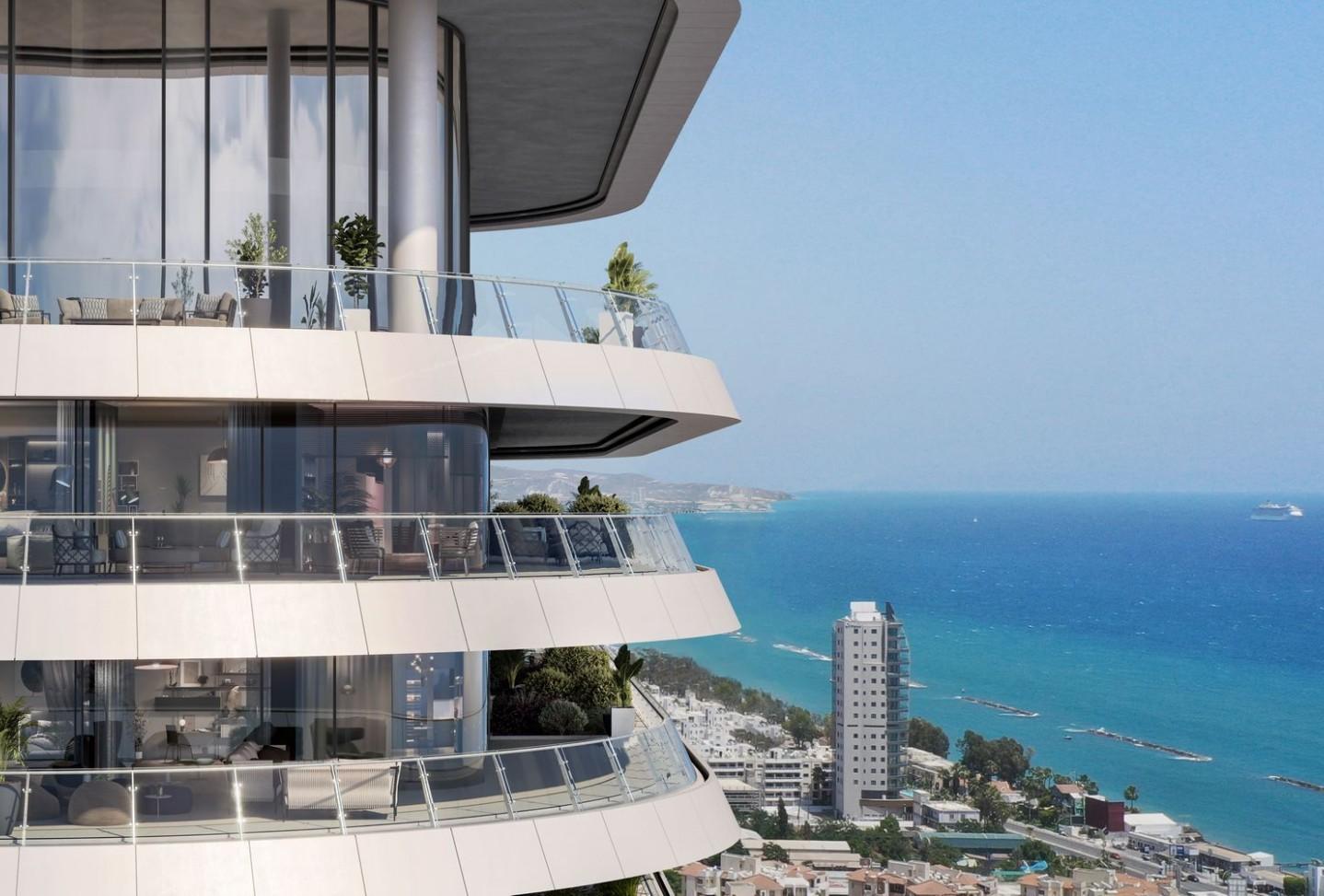
1.1. Through naturalization
Naturalization involves long-term legal residence on the island and takes the most time. When applying for permanent residence after 8 years or more, you must demonstrate employment and a stable income, a place of residence (preferably owned property), and generally prove your good standing. A police clearance certificate is required for Russian citizens; for others, equivalent documents are accepted.
1.2. When purchasing property up to 300 thousand euros
Speaking about this option, it should be said right away: it does not provide 100% guarantees of approval, as it serves as an auxiliary way to increase the chances of obtaining permanent residence through naturalization. However, with sufficient grounds, buying a home worth from 100 thousand euros (specialists sometimes recommend 200 thousand euros) may well give the owner and their family members the right to obtain a Permanent Residence Permit, if they have already lived on the island for 5 years or more. The point is that no official document specifies an exact purchase price threshold.
The applicant must prove that they have sufficient income to live, and if they have dependents (a spouse and minor children) — income to support them. As a rule, this is about 20 thousand euros per year for the applicant and 5 thousand for each dependent. Another option is to provide other lawful reasons to live in Cyprus (work, studies, doing business, etc.).

Important: when obtaining permanent residence, purchasing property worth up to 300 thousand euros is an additional measure, not a full-fledged basis! If the person applying for permanent residence has their own home, this increases the likelihood of approval, but does not provide a 100% guarantee!
1.3. With investments from 300 thousand euros
A foreign investor can contribute to the development of the economy of the Republic of Cyprus and obtain the right to simplified and accelerated obtaining permanent residence for themselves and their family members. This may be an investment in securities, but non-residents most often choose purchasing property in new developments.
Here are the detailed terms relevant for 2026:
- The acquired property must be new: already completed or at any stage of construction. The transaction is designed through one or several developers (if there are two properties).
- The total cost of one or two properties must be 300 thousand euros or more excluding VAT and designing services.
- You must pay 300 thousand euros of the property price up front; the rest can be financed with a mortgage or paid in installments.
- If the property is commercial, the total area must not exceed 250 m2.
- All investment funds must be obtained NOT from Cyprus, but from any other country.
- The applicant must place money in a deposit account in a Cypriot bank — at least 50 thousand euros.
- The applicant must confirm stable annual income: at least 50 thousand euros for themselves, an additional 15 thousand euros for a spouse, and 10 thousand euros for each minor child or dependent child up to 25 years old.
- All confirmed income must come from abroad, except dividends from shares of a Cypriot company — or renting out the purchased property. The latter affects taxation when buying property.
Both the applicant and their family members who applied must provide a police clearance certificate; in some cases, they must prove that the funds used to purchase an apartment or house and to live in Cyprus were obtained legally. This requirement is not obvious — nevertheless, the authorities pay close attention to it at the application review stage.
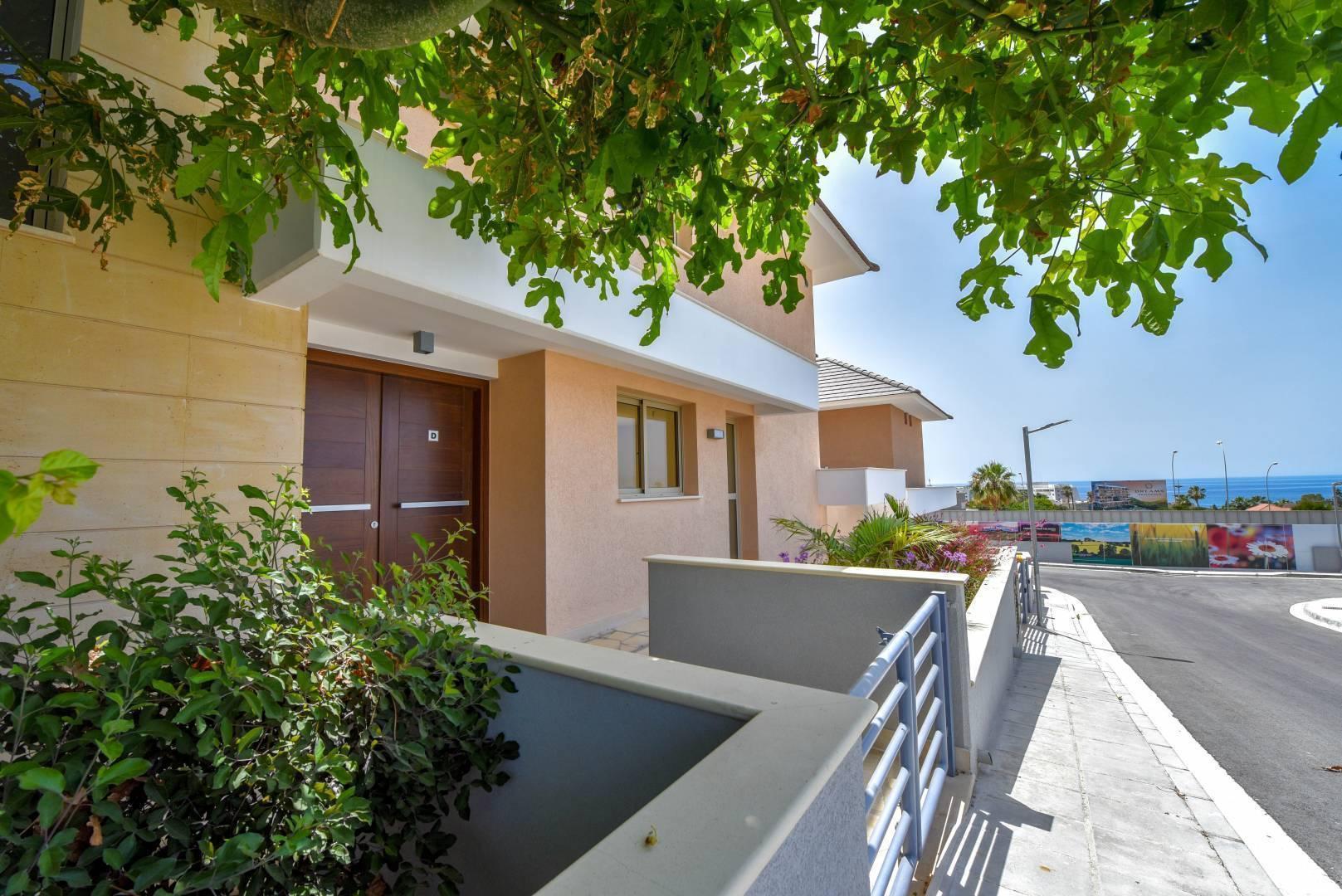
Important note: since 2023, parents have been excluded from the list of close relatives. Thus, the applicant may submit documents together with their spouse, minor children, or children up to 25 years old who are unmarried and have confirmed their financial dependence on their parents (for example, studying at a university and unable to work). Even if adult children cross the threshold of 25 years of age or get married, their permanent residence is not revoked — but their spouse and children will not be able to obtain a similar permit on this basis. They may be advised to apply for a residence permit on the basis of family reunification with relatives living in Cyprus.
In addition to the mentioned costs, the buyer will need to pay property tax (see the section below), state fees, and title and stamp duties (depend on the purchase price). This should also include preparation and translation of documents and their apostille, certification by a notary or a mukhtar.
The fee for applying for permanent residence under the simplified program is 500 euros per application and 70 euros for each family member of the applicant, including the applicant. If it concerns adult dependent children, they must pay the full amount for themselves: 500 + 70 euros.
If you delegate the collection of all documents and assistance with obtaining a Permanent Residence Permit, a “turnkey” service will cost about 2500 euros. In this case, a lawyer can be the applicant’s official representative, and the applicant will not need to travel to Cyprus. You can relocate without delays, without waiting for the documents to be ready — a national visa will help with this.
2. Processing times for Cyprus permanent residence
More or less clear timeframes are specified for the yellow slip by investment. The application review period ranges from 2 to 6 months; about 1-2 weeks are allocated for preparing all documents (especially if acting through lawyers). Usually, permanent residence obtained by purchasing property from 300 thousand euros is issued within 2 months. Such speed makes it possible to do without opening a residence permit — you can manage to stay on the island within the validity of a national visa. In addition, most operations can be carried out remotely.
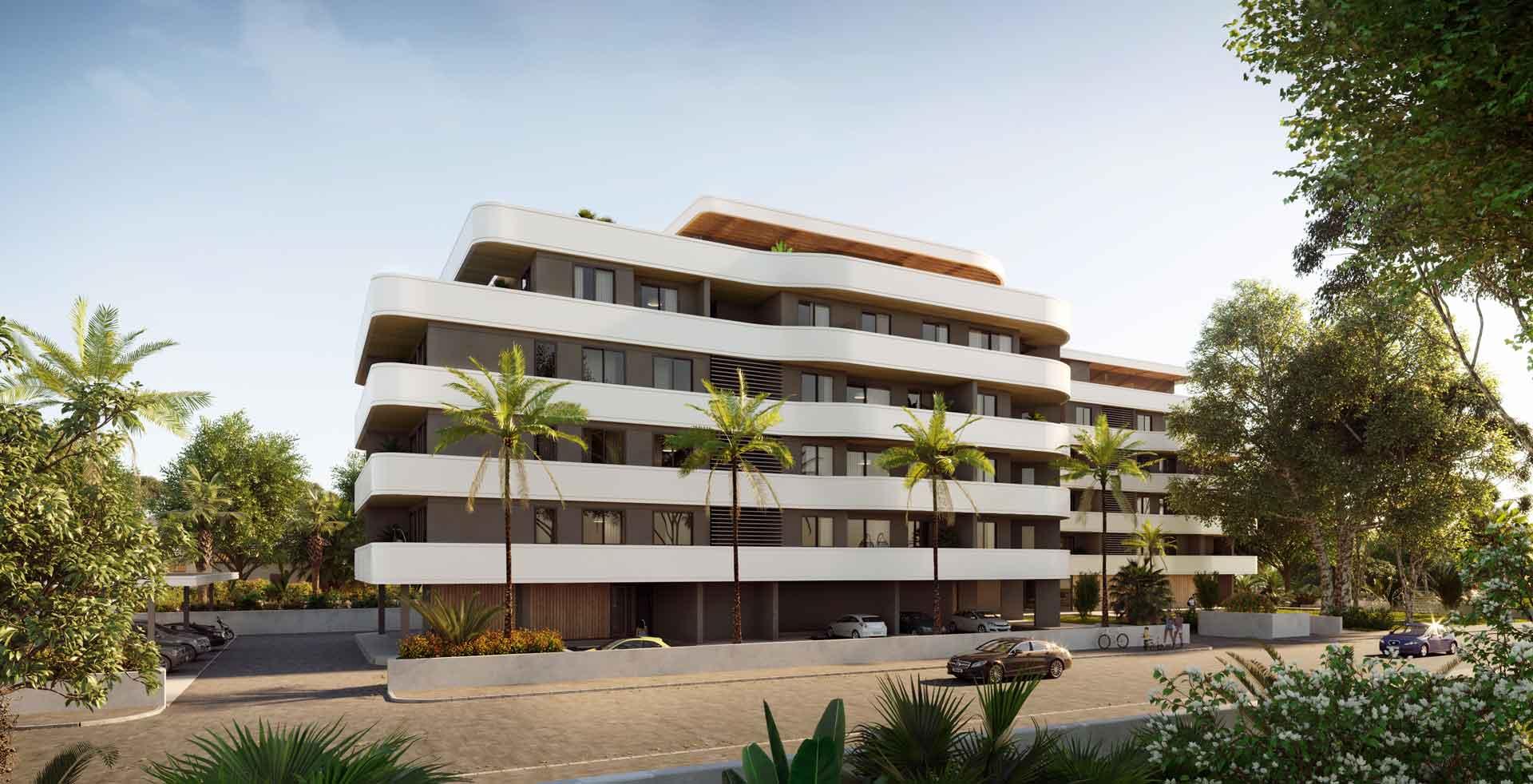
Approval of applications for other types of permanent residence can take quite a long time. On average, review takes 3-10 months, but it should be understood that these figures are quite conventional. No document sets clear time limits, so in some cases review can take about a year or a bit longer. During this time, you will have to visit the island at least once.
3. Advantages
A residence permit (also known as a pink slip) does not allow you to leave the island for any length of time, and it must be continuously renewed. The yellow slip does not have these complexities: it is issued once, indefinitely, and is renewed automatically. The only note is that after 10 years the document must be updated.
So, the плюсы of Cyprus permanent residence:
- Does not require renewal, but there is a risk of cancellation (see the next point).
- Allows you to be absent from the island for any amount of time, but you must be present in Cyprus for at least 2 days per year, otherwise the document loses its validity.
- Enter Cyprus and leave without visas and additional permits at any time.
- Helps to obtain visas to Schengen and EU countries more easily, and sometimes to other states, for example, the USA.
It should be noted that Cyprus permanent residence does not grant the right to travel visa-free around Europe. This privilege is granted only to Cypriot citizens.
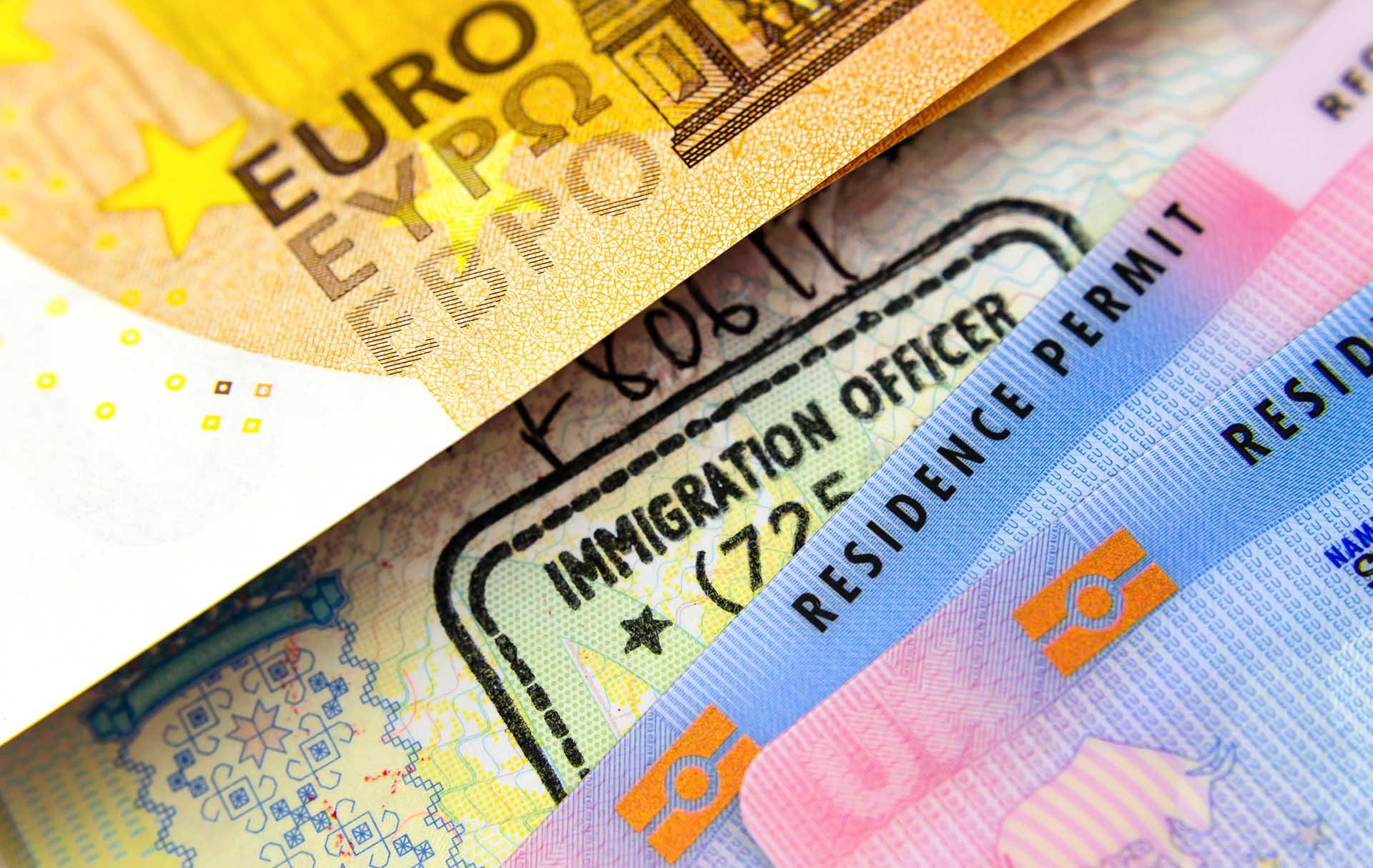
4. Cyprus citizenship
You can obtain Cyprus citizenship in several ways.
Naturalization
This implies that a non-resident who wants to obtain a Cypriot passport must relocate and then meet a number of conditions:
- live on the island for at least 8 years within a 10-year window, with the last 12 months — without long trips abroad (you may be absent up to 90 days during that period);
- pass a Greek language exam at level B1 and an exam on Cyprus history and culture;
- provide a police clearance certificate from the last country of residence and confirm that no offenses were committed in Cyprus and in the home country during this time;
- provide proof of stable income: this can be employment on the island, running your own business here or in another country, or receiving other income.
Citizenship by marriage
Obtaining Cyprus citizenship by marriage is possible after 3 years of living together with a Cyprus citizen. Passing language and culture exams is not required in this case.
Citizenship for highly qualified specialists
At the end of 2023, Cyprus launched a new program for employees of BSC companies, under which workers from third countries can obtain citizenship in 4-5 years (depending on their Greek language level). Under the new naturalization rules, foreign specialists will be able to obtain a Cypriot passport provided they have legally and continuously resided in the country for at least 12 months before submitting the application. The waiting time depends on Greek language level: with level A2 you can apply after five years, with level B1 — after four years; the same conditions apply to the applicant’s family members. The candidate must have no criminal record, not be internationally wanted, and not pose a threat to public safety. Mandatory requirements remain suitable housing and stable legal income of at least 2.5 thousand euros per month, as well as confirmed high academic and professional qualifications.
Please note that the possibility of obtaining a Cyprus passport after five years of residence with permanent resident status is not available starting from 2024.
So, the most important thing is to live on the island for a long period of time. This is possible both with a residence permit and with permanent residence, but these stay permits have two differences. A residence permit does not allow its holder to leave the island for more than 3 months in a row, otherwise it is cancelled. Permanent residence, in turn, allows you to be absent almost the entire year, except for two days. Also, a residence permit must be continuously renewed, while permanent residence “knows” how to do this automatically. Thus, the latter are more convenient and provide greater freedom of movement.
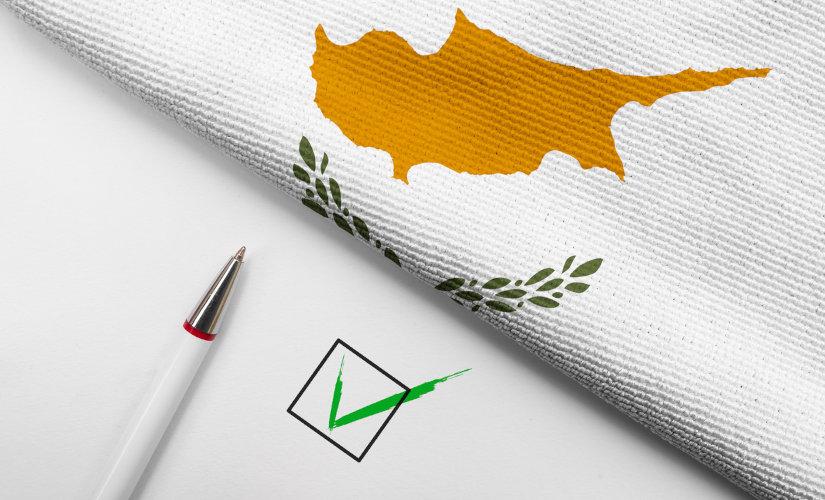
5. Taxation
When buying new property, you must pay VAT. Currently, the reduced VAT rate of 5% applies to the first 130 m2 of housing priced up to 350 thousand euros. At the same time, the total property value must not exceed 475 thousand euros, and its area must not exceed 190 m2. An important condition is that the housing must be purchased for personal use.
VAT of 19% is charged if the property is intended to be rented out or does not meet the above criteria.
It should be understood that 5% is a very attractive rate, but you can “use” it only once every 10 years. If you have already purchased property at the reduced VAT rate, you will have to pay the full 19% for the next purchase within that decade. This does not apply to those who buy secondary property — it is not subject to this tax, but it also does not give the right to simplified permanent residence.
Owning property will cost 0 euros for the property itself, but that does not mean you pay nothing at all. You must pay municipal tax annually, as well as utility-related charges (sewage service and garbage collection). If you rent out an apartment or house, you also need to account for income tax. In the case of relocation and permanent residence, it makes sense to familiarize yourself with all taxes that will need to be paid on the island in connection with owning housing and more.
6. What is the housing situation in Cyprus right now?
Currently, many new projects are being developed in all cities of the island. This means that buying housing in a Cypriot new development is quite easy. The best part is that it shows stable price growth, meaning the investment will be profitable.
There are also plenty of offers suitable for participating in the accelerated permanent residence program. As a rule, these are apartments or villas in gated new-build complexes with a high level of service and privacy. Quite a lot of options are located on the first coastline or in developed residential areas, but you can also find a place farther from the hustle and closer to nature.
There are no problems with renting housing either. The property market offers enough options to choose a suitable place to live for yourself and your family. Renting is good for those who plan to naturalize via a residence permit — or for property buyers who decide to look around first and get to know Cyprus better.
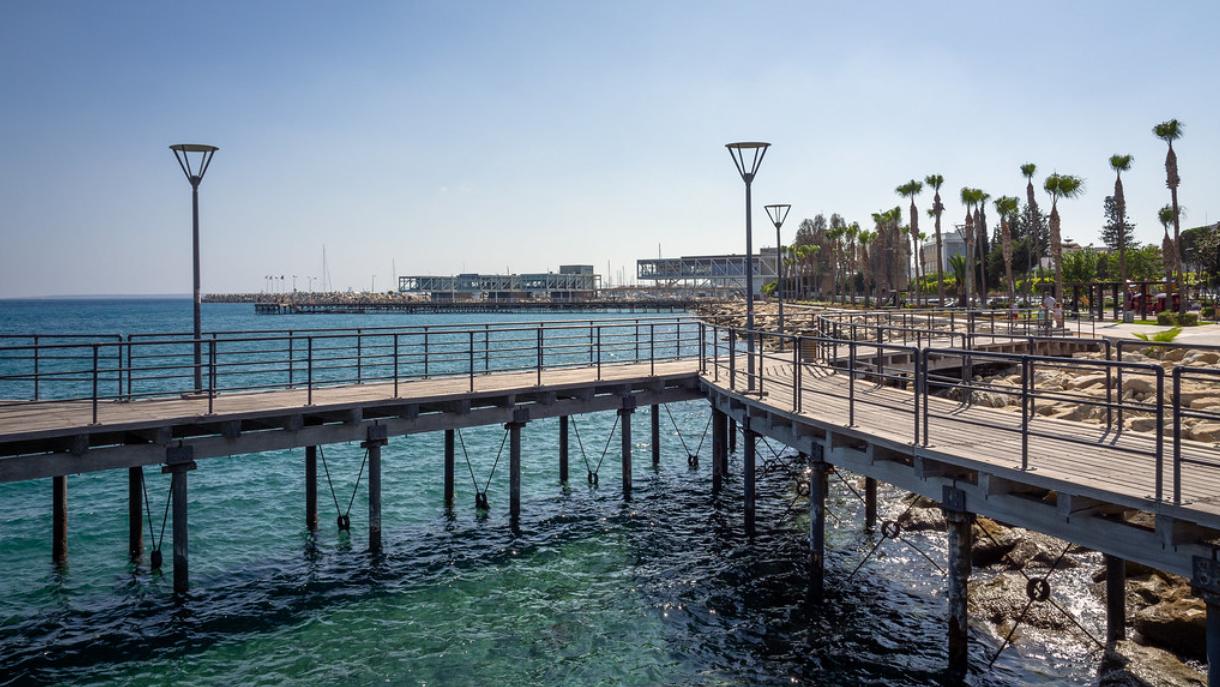
If we talk about choosing a city for relocation and buying an apartment/house, you need to take into account some nuances. Limassol today is the liveliest and most cosmopolitan coastal city, but housing prices (both purchase and rent) are noticeably high. Many people speak Russian here, and you can find enough job options. Statistics say that in Limassol about 15-20% of the population is Russian-speaking; sometimes Russian can even be seen on signs and in restaurant menus.
Nicosia is comparable to Limassol in pace of life, but the capital is located literally in the center of the island and has no access to the sea. Therefore, many foreigners do not want to move here, expecting a fully Mediterranean lifestyle from Cyprus. Nevertheless, the capital offers its residents many opportunities and the most developed and convenient infrastructure. The main Cypriot universities are also concentrated here — this is important for those who want to get a good European education for themselves or their children.
Paphos, Larnaca and Paralimni (with nearby Protaras and Ayia Napa) are calmer cities, and property prices there are lower. However, it is precisely in these locations that seasonality is felt most: in winter, life slows down. Some people like this calm, while others prefer a more active lifestyle.
It is worth noting that buying property for a foreigner is not something complicated. The choice of housing is large, prices, compared to the rest of Europe, are acceptable, and paperwork is not difficult. In addition, you can get a fairly profitable mortgage. Foreign citizens are approved with an initial down payment of about 30-50% at 6-7% per year — and specifically in new builds. But banking programs differ, so you need to clarify this for each specific situation.
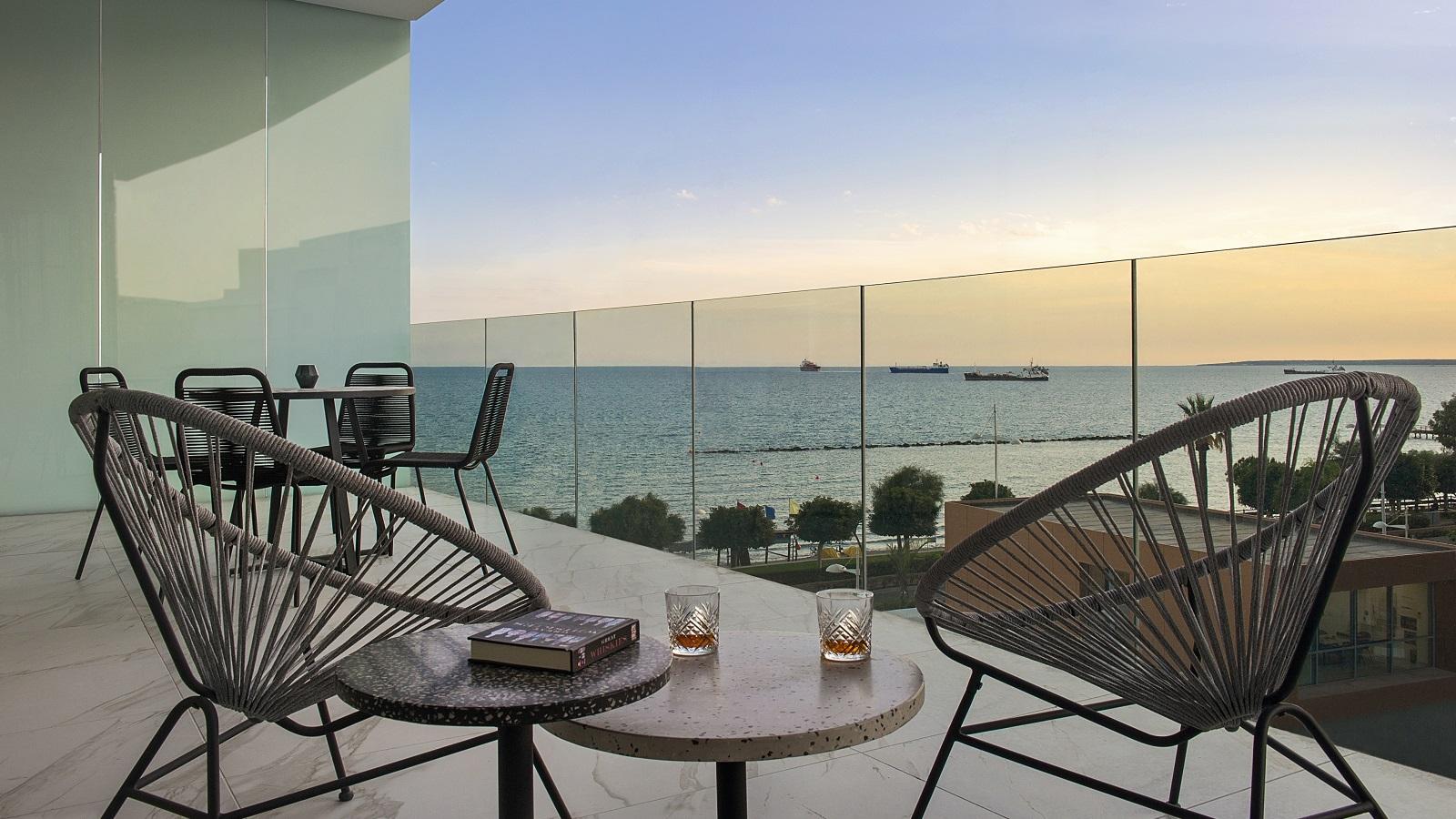
7. What do Russians do in Cyprus?
The question about occupations is very broad, and it is simply not possible to answer it in full. However, we can allocate large groups of people by the nature of their activity:
- Working in Cyprus. This is a fairly large group of relocated people who want to stay living on the island, or they have a long-term contract with a local company. As a rule, they are issued a work visa (work residence permit) with the possibility of renewal, so they do not have problems with legally residing on the island.
- Students. Also a fairly large group of people. Their main “concentration” is in Nicosia and Limassol, since universities are located in these cities.
- Financially independent persons. This includes freelancers and remote workers, as well as those who have a business outside Cyprus and receive income from it. Another way to receive income is renting out property abroad.
- Business owners. These are people who have opened their own company on the island and are developing it. It may be a subsidiary of a foreign company or a branch.
- Wives of Cypriots. This group is also quite numerous, so it cannot be left unmentioned. These are women who have married a Cypriot citizen and live in his country. They may work or be homemakers; in the latter case, their social circle often consists of similar Russian homemakers, mothers with children, and even grandmothers with grandchildren.
There are also people who moved to live in Cyprus temporarily: Russians who disagree with the current political regime in Russia, researchers or contract workers, volunteers, and just freelancers who travel around the world and do not like staying in one place. It is easiest for them to obtain a residence permit through the host organization (for workers, researchers and volunteers), a digital nomad visa, or as a financially independent person.

8. Moving to Cyprus: how to get a visa and a residence permit
Since 2022 Russians cannot obtain the “simplified” pro-visa to Cyprus, but the national visa option still remains. It is issued at consulates (Moscow, Saint Petersburg, Yekaterinburg, Krasnodar); the fee is 80 euros for an adult and 40 euros for a child over 6 years old. You can also apply for a visa through a travel agency.
In any case, you will need a basic package of documents:
- original and copy of an international passport;
- copy of the internal passport;
- two photos 3.5 x 4.5;
- an application form filled out in English;
- medical insurance with coverage of 30 thousand euros;
- hotel booking or an invitation from a Cyprus resident;
- bank statement showing funds or a sponsor letter;
- if available, copies of Schengen, Romanian/Croatian/Cypriot national visas for the last 3 years;
- birth certificate — for minor children;
- exit permission from the second parent — if a minor travels with one parent;
- child’s photo for the visa application — if the minor travels under the record in a parent’s international passport, and not on their own passport.
The fee is paid not at the Central Bank exchange rate, but at the consulate’s rate. Therefore it may cost a bit more.
You can also enter Cyprus with a valid multiple-entry Schengen visa or a visa of one of the EU countries. Today this method is more difficult for Russians, but it can still be used.
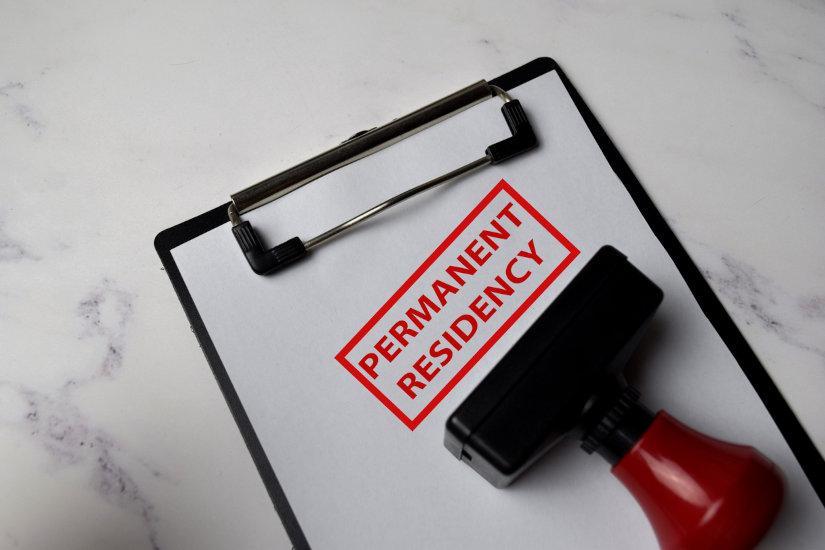
A residence permit depends on the purpose of the trip and how the applicant and their family are supported. They can be divided into several groups:
- Work residence permit. Issued by the employer company for the employee and their family members. Can be renewed for up to 6 years (depending on the type of activity). Separate “variants” include a domestic worker visa (documents are prepared by the host family), a researcher visa, or a volunteer visa.
- Residence permit for a financially independent person. Documents are prepared independently — for both the applicant and their family. It is necessary to confirm that the family receives constant income from abroad and will not work on the island. This also includes the digital nomad visa and the startup visa.
- Student residence permit. The applicant handles the application on the basis of enrollment in a Cypriot university.
- Residence permit for family members of a Cypriot. It is obtained to relocate and reunite with a close relative — a citizen of the Republic of Cyprus. Usually this is a spouse (and her children from previous marriages), but it can also be children or parents.
If a non-resident has lived on the island on the basis of a residence permit for 5 years or more, they have the right to apply for permanent residence. This will be another (but not mandatory) stage of naturalization — if that is the goal. Russia in this case will not confirm dual citizenship.

DOM Agency helps with purchasing property for any request — including permanent residence processing. When buying one or more properties worth 500 thousand euros or more, assistance with submitting the application is provided free of charge.
Read also:

